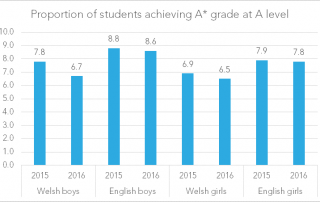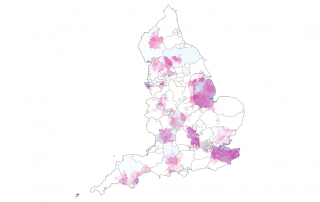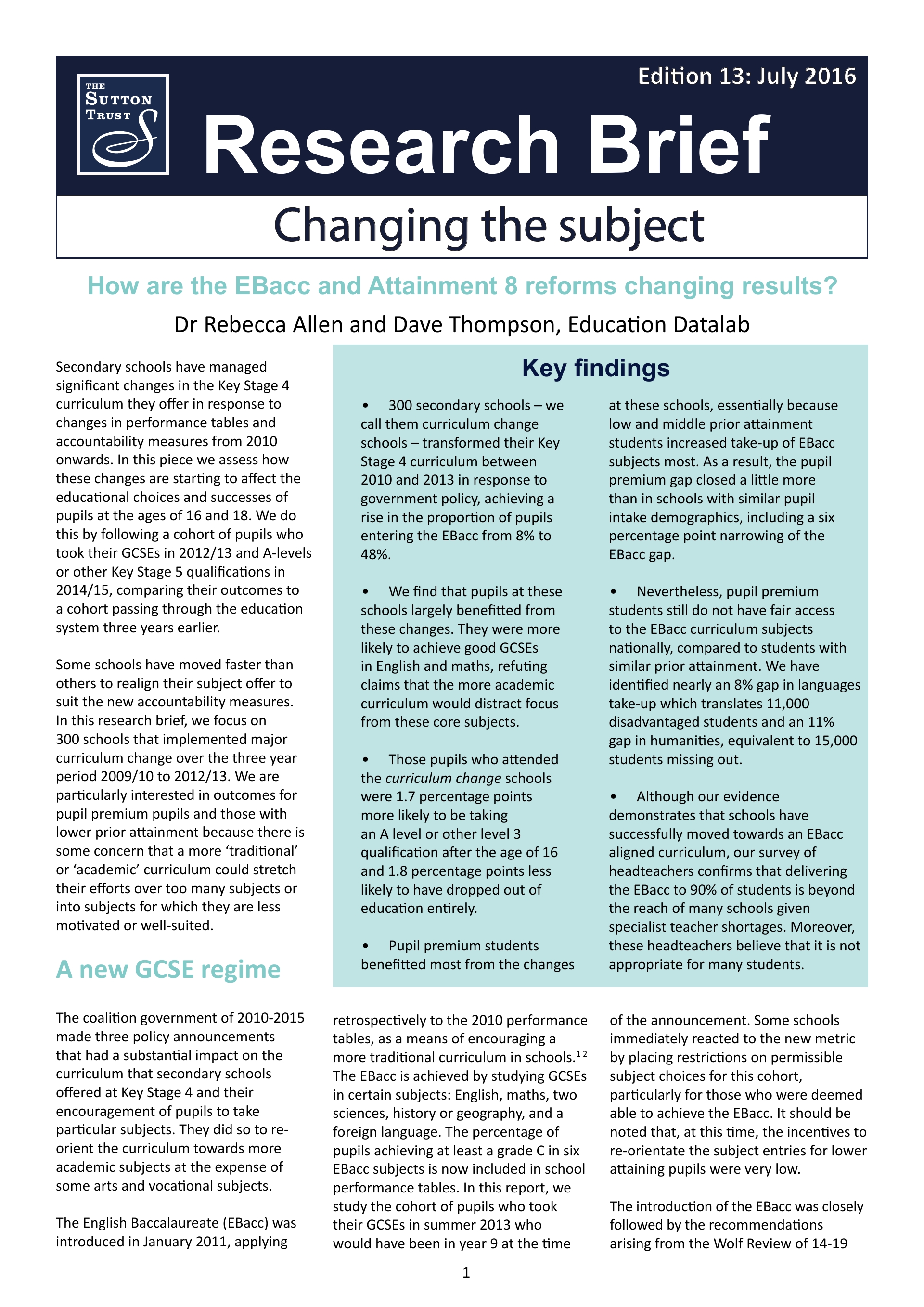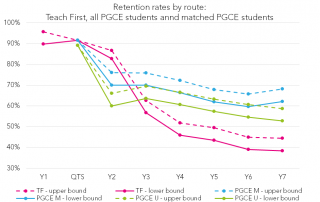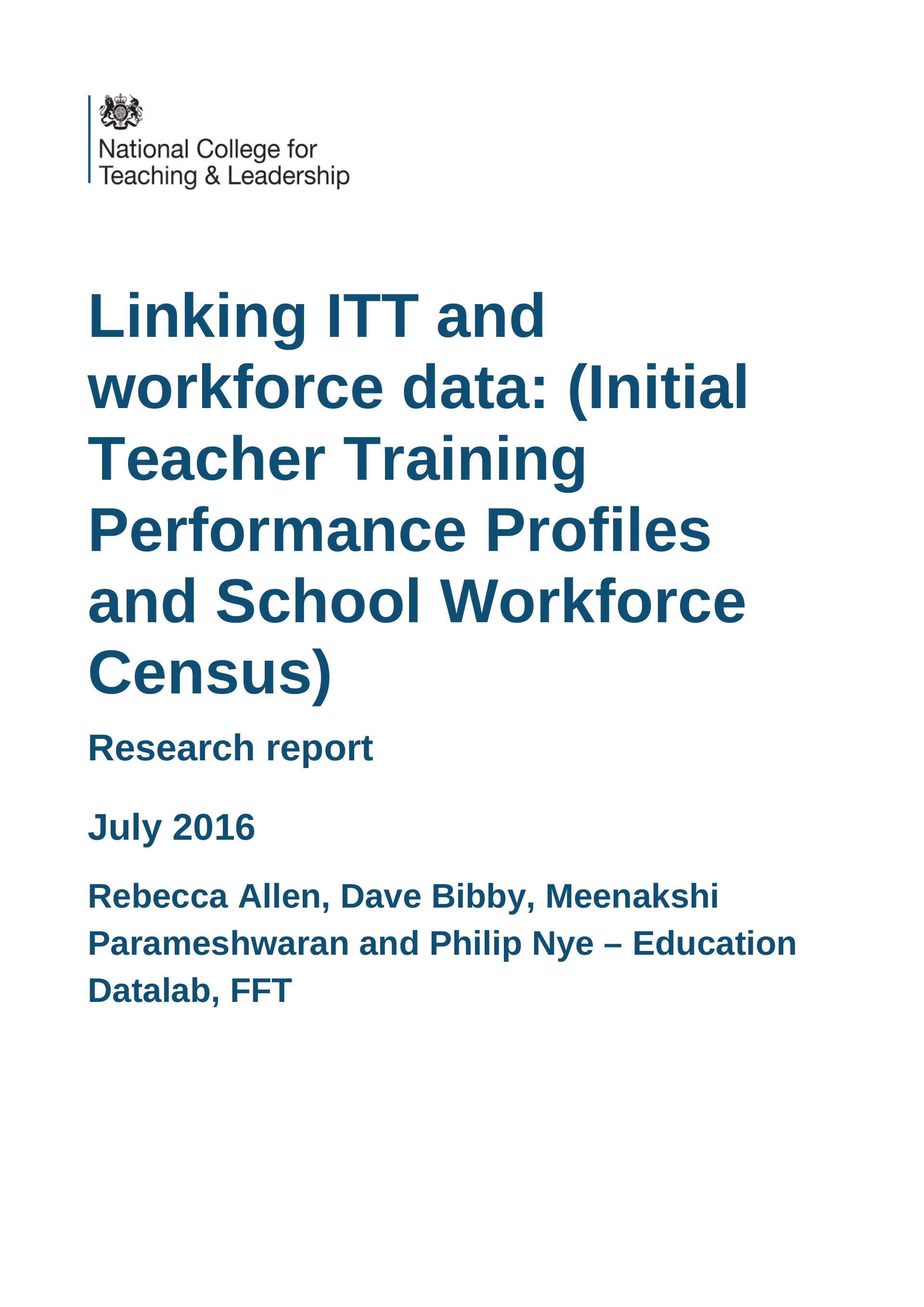A-Level results day 2016: Did a good summer for Welsh football herald a bad summer for Welsh boys’ results?
A-Level examination sittings, which stretch from mid-May through to the end of June, often overlap with an international football tournament. Unfortunately, football lovers, who are more likely to be boys than girls, can find this a distraction from their revision schedule. Economists at the University of Bristol have noticed how this has damaged English boys [...]



